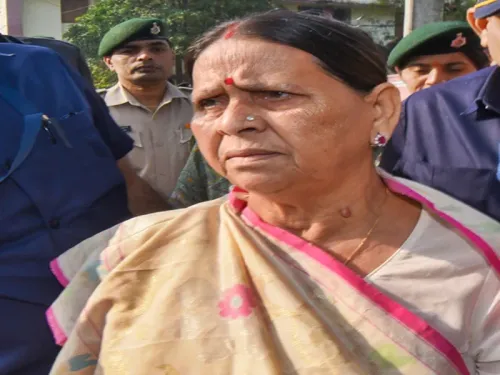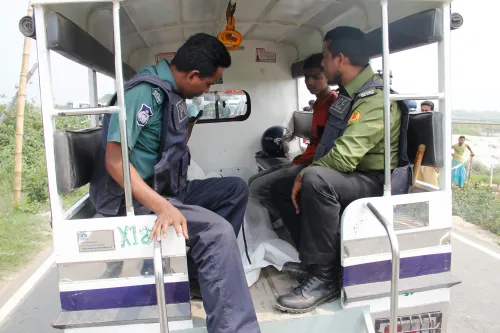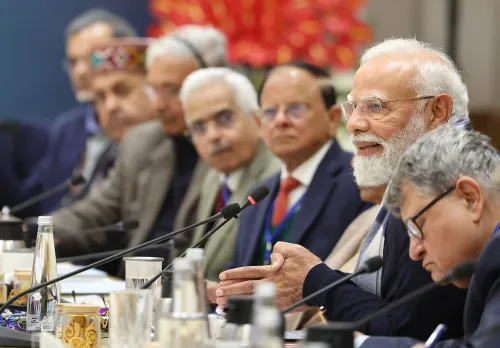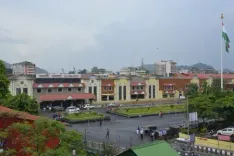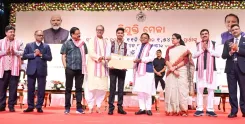Is Myanmar's New Union Government a Turning Point?
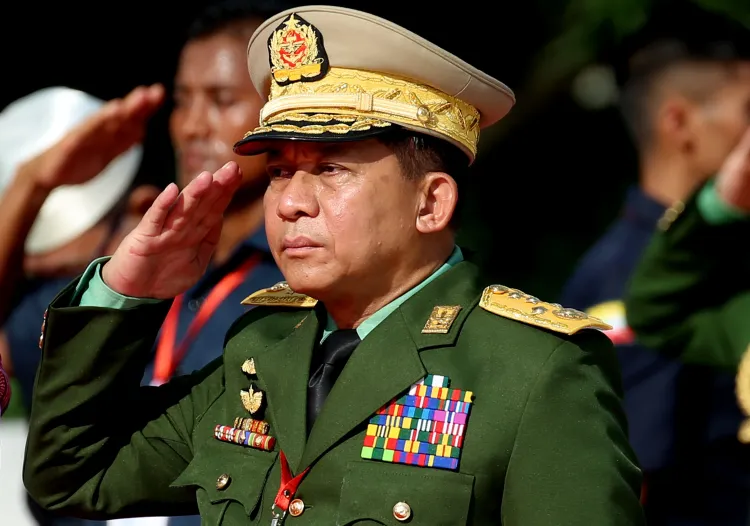
Synopsis
Key Takeaways
- Formation of new union government aims to stabilize governance.
- U Nyo Saw appointed as Prime Minister.
- State of emergency ended to facilitate elections.
- Focus on digital transformation through roadmap.
- Collaboration is essential for a successful digital future.
Yangon, July 31 (NationPress) The National Defence and Security Council (NDSC) of Myanmar announced the establishment of a new union government along with the State Security and Peace Commission on Thursday, as reported by the state-owned Myanmar Radio and Television (MRTV).
The newly formed government is headed by U Nyo Saw as Prime Minister, while the State Security and Peace Commission is under the leadership of Senior General Min Aung Hlaing, according to a report from Xinhua News Agency.
In a significant move, the NDSC has retracted the previous order that transferred sovereign authority to the Commander-in-Chief of Defence Services.
Zaw Min Tun, spokesperson for Myanmar's State Administration Council, confirmed on Thursday that the NDSC has opted to terminate the state of emergency to facilitate upcoming general elections.
In February 2021, U Myint Swe, who was then Acting President, declared a one-year state of emergency, which resulted in the transfer of sovereign power to the Commander-in-Chief of Defence Services. This office subsequently established the State Administration Council, chaired by Min Aung Hlaing. The NDSC had extended the state of emergency multiple times, with the latest extension concluding on July 31.
In addition, Myanmar is intensifying efforts to enhance its digital landscape through the Myanmar Digital Economy Roadmap 2030, as reported by the state-run daily Myanma Alinn on July 26.
A coordination meeting of the country's Digital Economy Development Committee (DEDC) was convened at the Ministry of Commerce in Nay Pyi Taw on July 25 to assess progress and establish upcoming priorities.
During the meeting, Union Minister for Transport and Communications General Mya Tun Oo emphasized that rapid digital growth is crucial for developing nations to achieve significant progress.
According to data from the World Economic Forum, the digital economy currently accounts for at least 15 percent of global GDP, projected to exceed 25 percent by 2030. He urged committee members to collaborate across sectors to shape a digital future for Myanmar.
The DEDC, a national entity created to drive the country’s digital evolution, unveiled the Myanmar Digital Economy Roadmap 2030 in December last year.
The roadmap lays out a comprehensive vision, comprising six core objectives, nine priority sectors, nine strategic pillars, 22 strategic goals, and 77 planned actions for implementation over the next five years.


